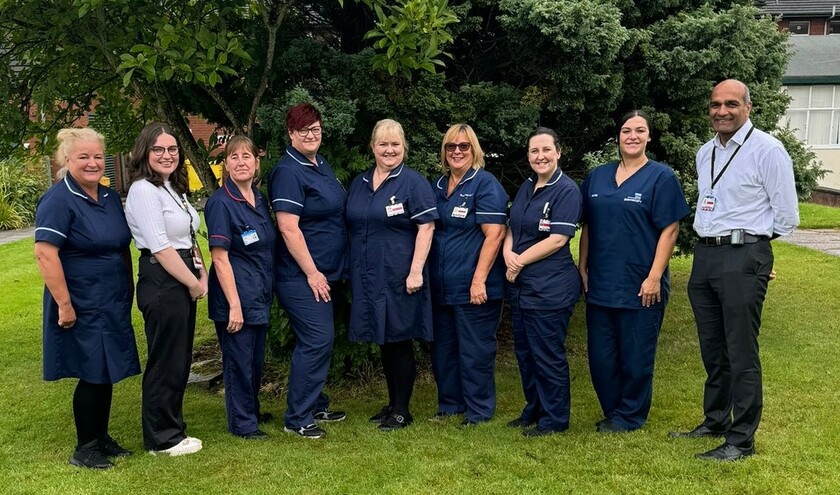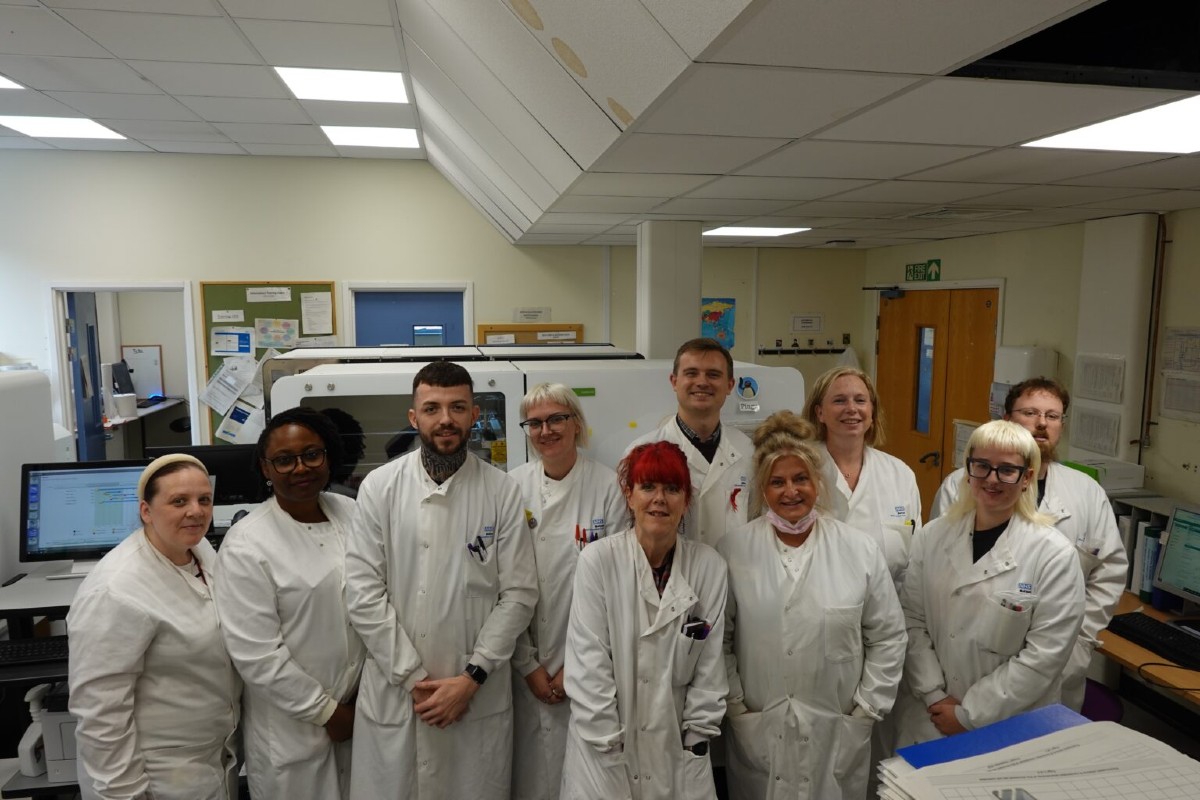The COLO-DETECT trial, led by South Tyneside and Sunderland NHS Foundation Trust and Newcastle University, used the GI Genius AI device, which is added to the existing technology used during a colonoscopy.
The findings showed greater effectiveness in detecting tumours that could potentially become cancerous.
The AI equipment accounted for an 8·3% increase in adenoma detection, which could potentially equate to an almost 25% reduction in post-colonoscopy colorectal cancer and a 41–42% reduction in fatal cases.
Principal investigator Salil Singh, a consultant gastroenterologist at the trust, worked alongside numerous research staff, gastroenterology consultants and endoscopists.
Singh said: ‘Given every 1% increase in polyp detection reduces the risk of a fatal colon cancer by 5%, the identification and removal of polyps can have a dramatic effect.
‘We are pleased to have seen this research published in The Lancet and to now be able to offer this service to Bolton patients.'



